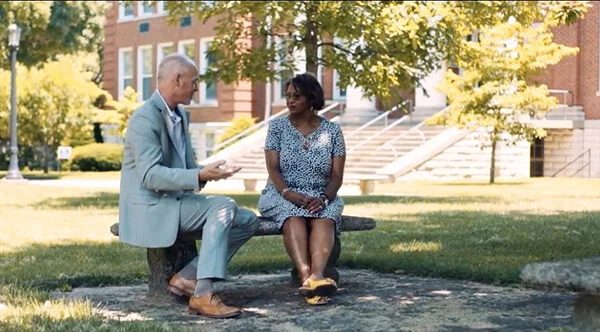[vc_row][vc_column][vc_column_text css=””]
A family caregiving meeting is an essential tool when dealing with the care of an aging loved one. These meetings are beneficial for helping to keep all family members abreast of decisions that need to be made, changes in diagnosis or prognosis, and help to ensure that all family members feel that they have a voice. Successful family meetings can also help to keep caregiving responsibilities from falling solely on the shoulders of one family member. In addition, family caregiving meetings can foster cooperation among family members and lessen the stress associated with caring for an aging loved one.
Key Objectives of a Family Caregiving Meeting
The primary objectives of a family caregiving meeting are to ensure clear communication, align on the care recipient’s needs, and distribute caregiving responsibilities equitably among family members. It aims to create a supportive environment where every participant understands their roles and the expectations placed upon them. Additionally, these meetings facilitate decision-making on financial and legal matters, promoting transparency and preventing future conflicts. This collaborative approach helps maintain the well-being of the caregiver and the care recipient, fostering a united front in navigating the challenges of caregiving.
Who should attend a family caregiving meeting?
There are a number of people who should be included in a family caregiving meeting. First and foremost, it is important to include the aging loved one in the meeting whenever possible. This helps the aging loved one to feel that they are being heard and that their opinions and thoughts are being considered. If a spouse is living, the spouse should be included, as well as any children, possibly siblings of the aging person, and close friends who have taken part in the aging adult’s care. Some families may choose to include professional caregivers, such as a professional home caregiver, to provide insights into the senior’s individual care needs. Depending on family dynamics, an outside facilitator such as a social worker can be helpful in running the meeting.
When should a family have a caregiving meeting?
First, it is important to note that family caregiving meetings are not a one-time event. They must occur on a regular basis. The first family meeting can occur before an aging loved one actually needs care. This can give the person who may eventually need care more say in their future care, but often times this does not occur. Most families find that the initial meeting needs to occur when an aging loved one begins to show signs of needing care or when a diagnosis is given that determines care will soon be needed. In addition, meetings should be scheduled regularly to discuss changes in diagnosis, prognosis, or general needs of the loved one or the caregivers.
How can a family hold a successful caregiving meeting?
The key to having a successful caregiving meeting is cooperation. This doesn’t mean that family members will agree on everything, but it is important that all family members are respectfully heard and considered. Families must be willing to compromise and seek the best plan for their aging loved one. Additionally, a smoothly run meeting should have an agenda, and families should try to stay focused on the items included on the agenda. When holding a meeting, always put things in writing and be sure that all those involved get a copy of the important information and everyone’s responsibilities. It’s crucial to ensure seniors receive the care they need, including managing medicines properly, attending doctor’s appointments, and maintaining their ability to live independently as much as possible. This may involve discussing who will provide transportation to medical appointments or social events.
What challenges do families face in caregiving meetings?
One of the biggest challenges to family caregiving meetings is the family’s history. All families have long-standing family issues that can cause problems in a caregiving meeting. There may be members of the family who are at odds with one another, creating an obstacle to having a successful caregiving meeting. The role that each family member plays can be a challenge. Some members may be overbearing and demand control, while others are peacemakers and do not feel free to share their thoughts. Another challenge is that some family members may be in denial of the severity of an aging loved one’s needs which could make it difficult to get a consensus for care.
Family caregiving meetings are beneficial and necessary when an aging loved one can no longer care for themselves. These meetings can help to divide the responsibilities of caregiving and reduce stress placed on the family members. It is important that families remember that the meetings are for the care of their loved one and cooperate with one another to help the process run more smoothly and successfully. Future meetings should continue to address caregiving issues, adjust care plans based on evolving needs, and involve all relevant family caregivers to ensure high-quality care and fair distribution of caregiving duties.
If you have any questions about something you have read or would like additional information, please feel free to contact us at 859-365-0831.[/vc_column_text][/vc_column][/vc_row]


